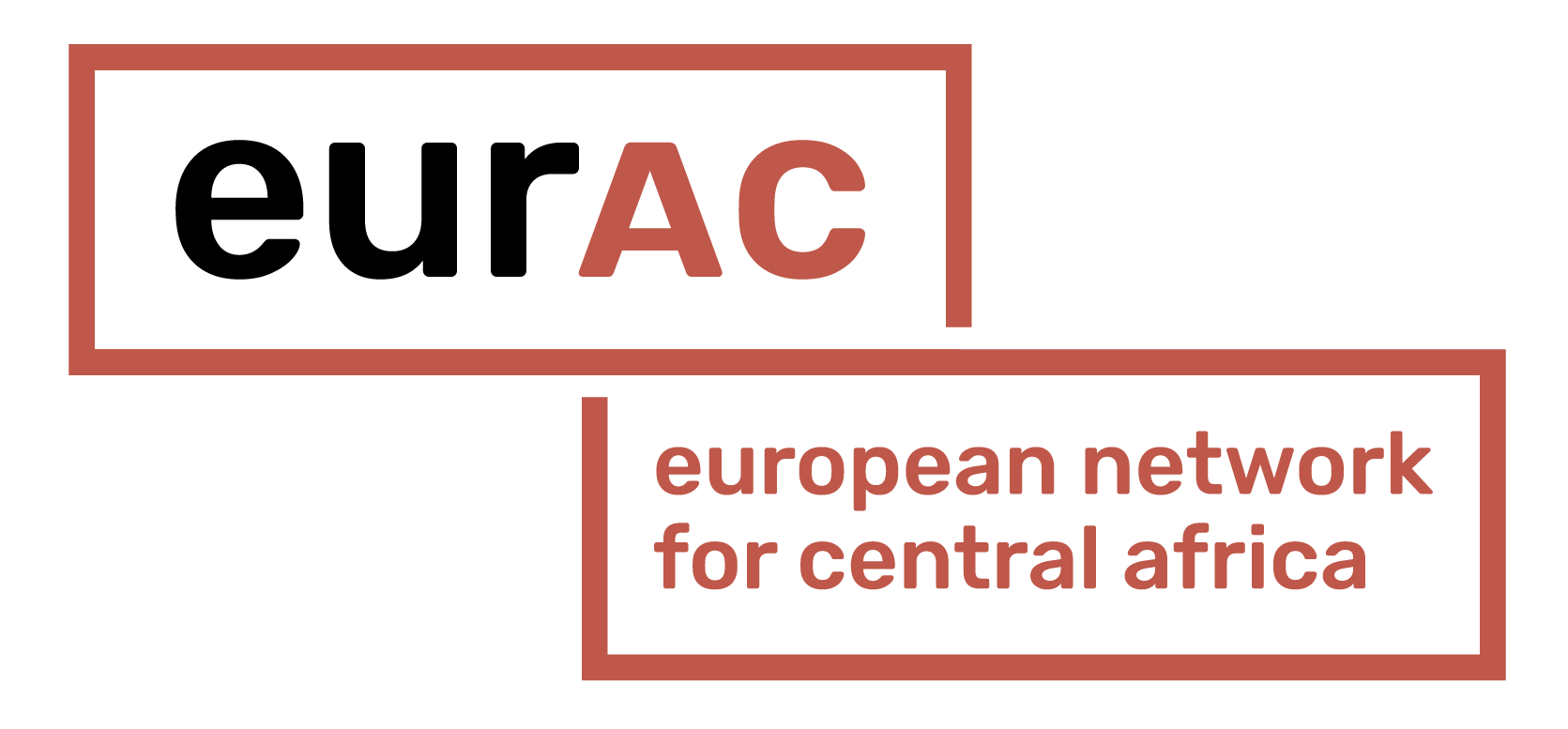PRESS RELEASE | 2023 Elections in DRC : the European Union and its Member States must adopt a clear position and a common strategy
Regarding the electoral process planned for 2023 in the Democratic Republic of Congo (DRC), the European Network for Central Africa (EurAc) publishes a report which takes stock of the electoral context of the country and the issues at stake. EurAc calls on the European Union (EU) and its Member States to agree with one voice to support the Congolese authorities in organising an inclusive, transparent and credible electoral process that respects the sovereign will of the Congolese people.
With just over a year to go before the planned general elections in the DRC, the preparation of the electoral cycle is already raising many concerns. After the controversial appointment of the new President of the Independent National Electoral Commission (CENI), Mr Denis Kadima, in October 2021, civil society is concerned about the delay in setting up his team, which will have the heavy task of organising the elections in a country with a population of more than 81 million inhabitants, and about the announcement of the electoral timetable setting out the stages in the organisation of the elections. Beyond the logistical challenges of organising the elections, the political and social context in which they take place is also worrying and characterised by the lack of consensus between the stakeholders, the fragility of the party system following the reorganisation of the parliamentary majority, numerous uncertainties concerning the electoral reform under way and, finally, a certain weariness on the part of the citizens with regard to the election process.
In its report "Elections in 2023 in the DRC: rectifying past mistakes to consolidate democracy", EurAc draws up a detailed inventory of the various challenges facing Congolese officials in the preparation of this new electoral cycle. The network also makes a series of recommendations to the EU and its Member States to prepare themselves as well as possible, from now on, for this crucial deadline for the future of Congolese democracy and the pacification of the Great Lakes region.
«The EU and its Member States must coordinate now and adopt a common position on the different possible scenarios of the electoral situation. They should also be ready to give a firm and unanimous response in case of serious irregularities undermining the credibility of the process," underlines Teodora Nguen, EurAc's Human Rights Advocate. "The EU played an important role in the previous Congolese electoral cycle and should continue its engagement in the region by supporting civil society, activists and citizens' movements in their role of civic education, monitoring and observation upstream of the electoral process, » she continues.
At the end of 2023, the DRC will see the opening of its fourth electoral cycle since it gained independence in 1960. The previous elections in 2018 had caused great tension on the Congolese political scene due to the desire of the outgoing President J. Kabila to run for a third term, the "electoral slip" leading to nearly two years of delay in holding the elections and finally the strong context of restriction of civil and political liberties and violence against opponents and the population during various demonstrations. The results of these elections were strongly contested.
The report was presented in Kinshasa on 20 May at a conference with European policy makers, representatives of international organisations and European and Congolese civil society actors.
► Report : « 2023 elections in the DRC: rectifying past mistakes to strengthen democracy »
► Déclaration de la conférence : Kinshasa Conference, May 2022 : EurAc Statement on the electoral process in DR Congo
Contacts for interviews:
► Teodora Nguen | Advocacy Officer | teodora.nguen@eurac-network.org | +32 493 35 52 44
► Clara Debeve | Director | clara.debeve@eurac-network.org | +32 490 43 76 70

